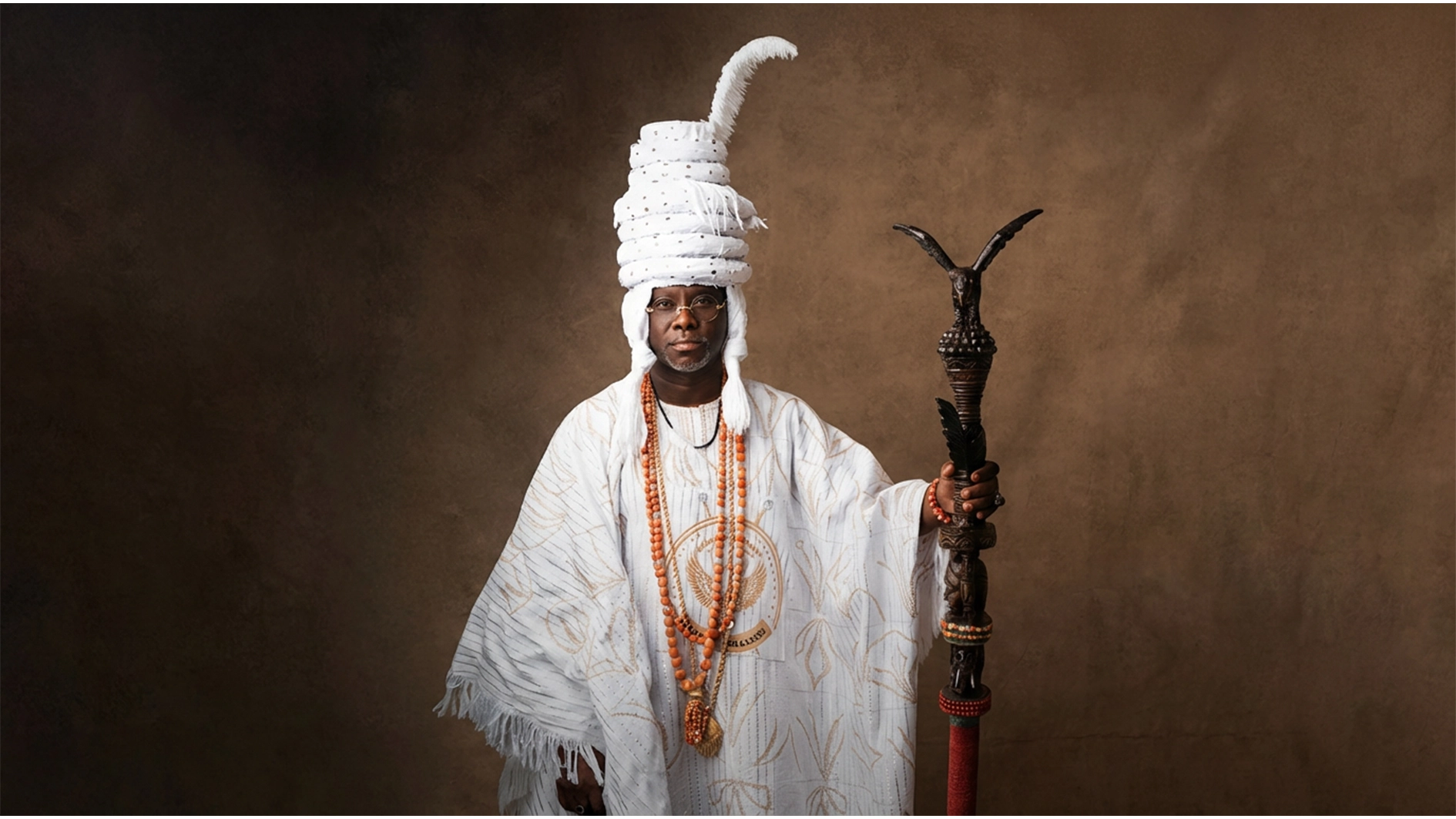Trade union leaders, government officials, employer groups, civil society organisations, scholars, and development partners from across West Africa converged for a high-level regional workshop aimed at reshaping financing for social protection while se
curing a fair and transition to greener economies.
The two-day meeting jointly organised by the Organisation of Trade Unions of West Africa (OTUWA) and the Danish Trade Union Development Agency (DTDA), came at a time when the region is grappling with rising poverty, climate-related disasters, insecurity and fragile labour markets.
Declaring the workshop open, OTUWA Acting President, Sophie Kourouma, said West Africa continued to suffer from some of the worst social protection coverages globally, noting that the Sahel was facing a “crisis of exposure”.
Kourouma insisted that universal social protection was the bedrock of human dignity and economic stability. She added, “Social protection is a fundamental human right. Our people cannot continue to be left vulnerable to poverty, climate shocks, and insecurity.”
She called for urgent implementation of the newly launched ECOWAS Social Protection Framework and Operational Plan, adding that trade unions must play a central role in climate policy because workers “are both victims of climate disasters and among those whose jobs are threatened by the green transition”.
Nigeria’s Minister of Labour and Employment, Muhammadu Dingyadi, reiterated the Federal Government’s commitment to a universal and shock-responsive system.
The minister stated that social protection is vital for national development at a time of rising inflation, insecurity, and environmental crises.
He emphasised that the government is expanding cash transfers, strengthening social insurance schemes, and mainstreaming climate-sensitive employment strategies: He said: “Social protection is not a cost; it is a strategic investment in productivity, peace, and prosperity.”
The minister urged stakeholders to pioneer sustainable funding models, including domestic resource mobilisation, public–private partnerships, transparent governance systems, and climate-financing instruments.
Representing the Danish Trade Union Development Agency, Liliane Napoé, praised OTUWA’s leadership and confirmed DTDA’s support for research, capacity building and regional policy engagement.
Napoé unveiled DTDA’s new strategic priorities for 2027–2031, which include green and sustainable production systems, strengthened labour rights, legal frameworks, and access to justice and skills development and employment creation
She encouraged trade union centres across ECOWAS to build stronger and more innovative advocacy to support the implementation of the ECOWAS Social Protection Framework, stressing that workers are at the frontlines of both climate impacts and labour disruptions caused by green reforms.
There are alarming gaps in West Africa’s social protection spending, as a detailed technical presentation by Mr Aly Cissé offered a sobering picture of the region’s social protection landscape.
Cissé, who is a retired staff member of the International Labour Organisation (ILO), disclosed that sub-Saharan Africa spends only 2.1 per cent of GDP on social protection, compared to the global average of 12.9 per cent.
Also, only 10 per cent of economically active persons are covered by statutory social security, while social assistance for children and vulnerable groups remains weak
Health coverage, labour protections, and institutional coordination remain inadequate and the informal sector dominance continues to undermine contributory financing.
Cissé argued that financing social protection is ‘a political choice,’ presenting options such as progressive taxation, green levies, reduction of fossil-fuel subsidies, and Integrated National Financing Frameworks (INFFs).
Participants highlighted persistent structural obstacles, including low social insurance coverage for informal workers, rural families, domestic workers and migrants.






